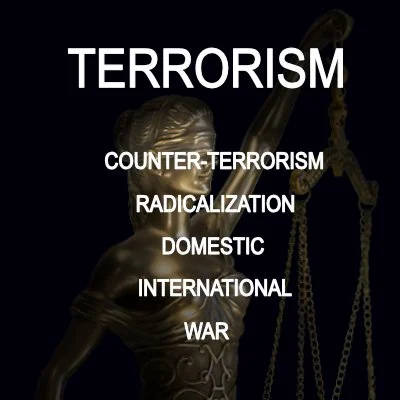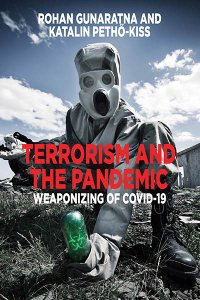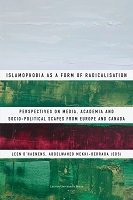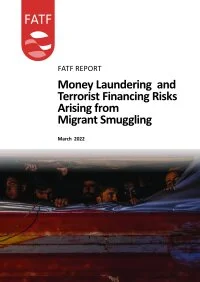By Rohan Gunaratna and Katalin Petho˝-Kiss
The global COVID-19 pandemic continues to attract the attention of threat groups. Although conventional means—the gun and the bomb— will remain terrorists’ preferred mode of attack, threat groups have expressed an interest in exploiting the virus. Terrorist and extremist groups, cells, and personalities will not let up using what works for their stated purposes. Rather than using tested and proven traditional weapons, will contemporary and future threat groups use bioweapons? Some terrorist and extremist groups, especially the Islamic State and right-wing extremist groups, have shown intentions to weaponize the virus. Unlikely to disappear in the near future, the contagion worldwide reached six and a half million deaths in 2022 and is expected to further increase in 2023. Modified organisms can certainly be weaponized, but the weaponized versions would not come from a backstreet lab. The infrastructure to produce a sophisticated weapon needs highly trained scientists. Such weaponization would most probably come from government-run programs. The analogy would be nuclear weapons, where terrorists cannot manufacture them but they can get hold of weapons created by governments and use them. Bioweapons are invisible, replicate, and self-perpetuate. Because of the widespread availability of SARS-CoV-2 causing COVID-19 disease, will there be a paradigm shift from traditional terrorism to bioterrorism?
New York: London: Berghahn Books, 2023. 213p.





















